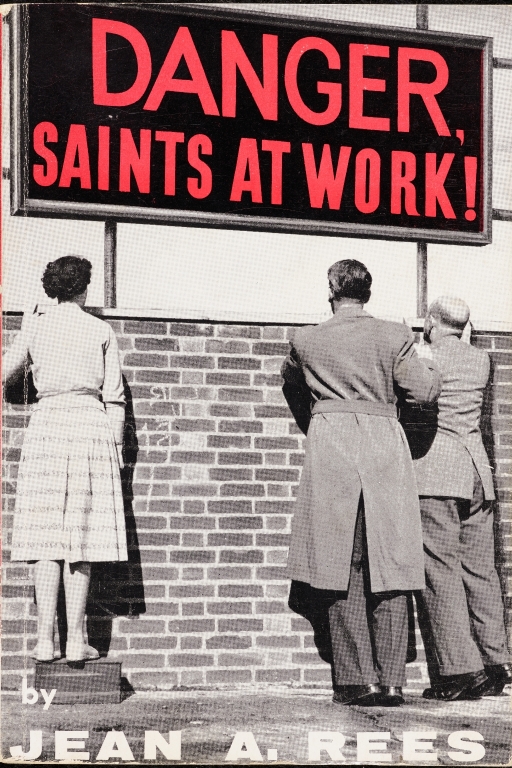-
ALL COLLECTIONS
-
- AHMED IQBAL ULLAH RACE RELATIONS COLLECTION
- BRETHREN COLLECTION
- COPTIC LIMBO COLLECTION
- DANTE COLLECTION
- EARLY PRINTING COLLECTION
- ELIZABETH GASKELL COLLECTION
- GENIZAH COLLECTION
- GUARDIAN COLLECTION
- HEBRAICA COLLECTION
- LIBRARY PUBLICATIONS COLLECTION
- MAPS COLLECTION
- MARY HAMILTON PAPERS
- MEDIEVAL COLLECTION
- METHODIST COLLECTION
- NASHRIYAH: DIGITAL IRANIAN HISTORY آرش…
- NON-CONFORMIST COLLECTION
- PAPYRI COLLECTION
- PETERLOO COLLECTION
- PHOTOGRAPHY COLLECTION
- RYLANDS COLLECTION
- THE JOHN RYLANDS LIBRARY
- UNIVERSITY OF MANCHESTER HISTORY & HERITAGE
-
As a historical resource, there is material in this collection that reflects the prejudices of the era in which it was created, and some items include language and imagery which is offensive, oppressive and may cause upset. The use of this language is not condoned by The University of Manchester, but we are committed to providing access to this material as evidence of the inequalities and attitudes of the time period.
The Christian Brethren Archive at the John Rylands Library in the University of Manchester is the world’s foremost collection relating to the Brethren Movement. The collection provides a rich resource for many disciplines including religion and theology, human geography, humanitarianism, culture, history, gender and politics.
This huge resource spans over 200 years from the origins of the Brethren in Ireland to date. It comprises hundreds of thousands of individual items in hundreds of sub collections - rare titles, pamphlets, periodicals, tracts, photographs and magic lantern slides. The archive contains some 7,000 manuscript items relating to individual Brethren and Brethren assemblies.
There are personal papers relating to personalities among the Brethren, such as founding members Joseph Nelson Darby (1800-82) and Benjamin Wills Newton (1807-99). Important organisations and events are also represented, for example the Devonshire Conferences of 1906 and 1907 (which discussed the terms of fellowship between gatherings of Open and Exclusive Brethren), the Christian Brethren Research Fellowship for 1962–81, and the Swanwick conferences of the 1970s, ’80s and ’90s.
The archive holds the missionary records of Echoes of Service (est. 1872), as well as papers relating to the missionary activities of Handley Bird (1865-1938) and William Thompson (b. 1921) in India, and Geoffrey Bull (1921-99) in China; as well as the itinerant preaching in Canada and North America of Leonard Sheldrake (1885-1952).
There are also a number of Prophetic Charts which since the Reformation have been used to teach the chronology of Scripture (God’s word). These digital items provide a fascinating insight into the diversity of Brethren holdings and demonstrate the invaluable, accessible and ever-expanding nature of the collection both for researchers and for Brethren members.


